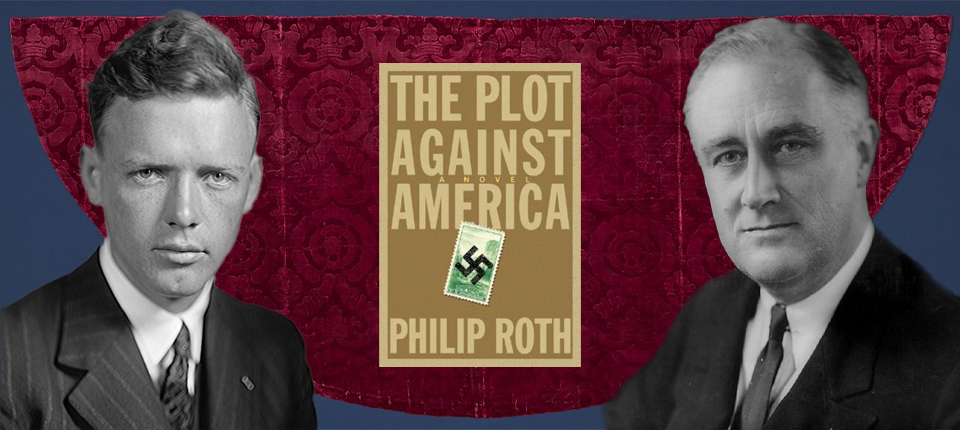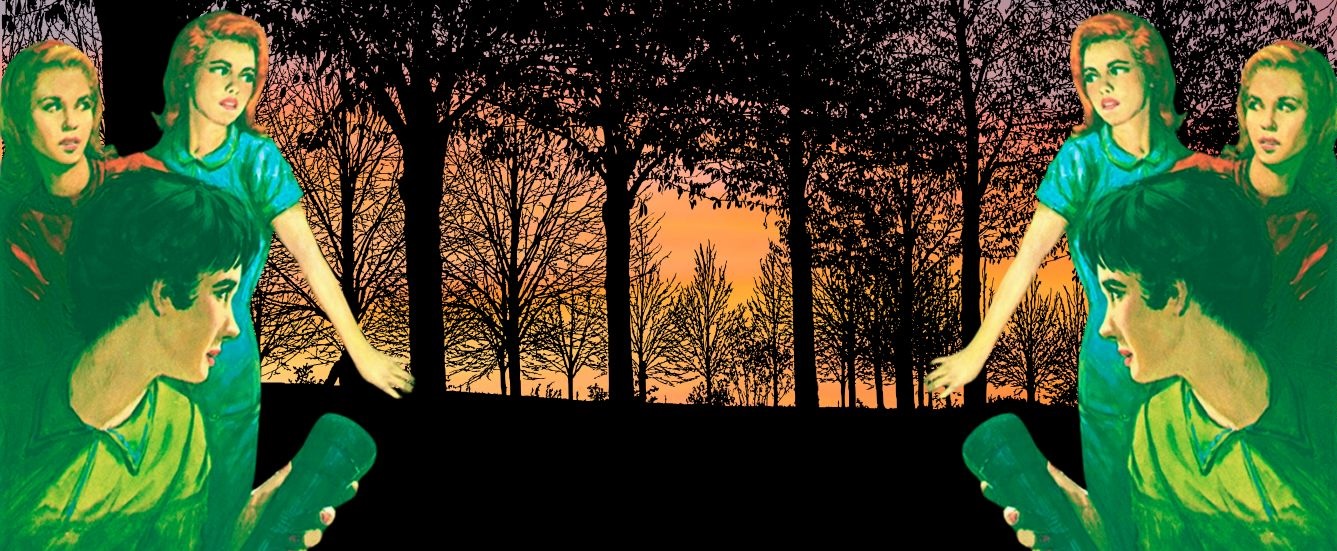Daniel Johnson’s interesting review of A. N. Wilson’s illuminating biography of Goethe (October 25) appears to show that Wilson does me the honour of borrowing the central thesis in my two biographies, which demonstrate the poet’s contribution to modernity at considerable length (2020, 2022). Wilson’s thesis that Goethe propelled the world into modernity bears an uncanny resemblance to the argument that I elaborate. Alas, Wilson’s debt does not extend to my other views on the question of Goethe and the death penalty, inasmuch as he accepts the outdated contention by Daniel Wilson that Goethe was primarily responsible for the execution of the child murderer Johanna Catharina Höhn in 1783. Nothing could be further from the truth. The case was fully analysed in 2004 by the lawyer René Jacques Baerlocher, who showed that, while Goethe belonged to the privy council, this body had no legal remit to try, judge or sentence anyone. It was merely asked to give its view. The ruler, Carl August, might have exercised clemency. He did not. As for Goethe, far from being the dominant voice on the Council, he was the junior member and was in no position to sway the other two. In fact he distanced himself from the beheading, which confirms his dissent.
Goethe only reluctantly gave a view. It was the majority who made the decision. He bowed to the prevailing opinion. Had he differed it would have made no difference. But what was the alternative? The only alternative to the death penalty would have been a life sentence, which would have entailed the prisoner’s annual release from jail for one day to be subjected to a public flogging. Small wonder that figures otherwise not disinclined to penal reform regarded this as a fate worse than death.
Goethe wrote an aide memoire on the case, which has not survived. However, we know that he admired Cesare Beccaria, the enlightened reformer whose luminescent essay On Crimes and Punishments (1764) provided the main impetus for abolishing the death penalty, which he called “a war of the state against a citizen”. Goethe discussed Beccaria’s work with the leading jurist of the day, Gaetano Filangieri, on his visit to Naples. Going against Beccaria, Filangieri held that a murderer had forgone his right to live. Typically Goethe voiced his appreciation of both Beccaria and Filangieri in his last novel, Wilhelm Meisters Wanderjahre (1821), praising them for their universal humanity (“allgemeine Menschlichkeit”). Later in the novel, however, he follows Beccaria and advocates the abolition of the death penalty. That is his definitive view. Goethe clearly belongs in the camp of the reformers.
As always with poets, we should rely not on the details of the life for an understanding of their views, but on the timeless expression of their ideas in their literary works. Thus, from the earliest version of his magnum opus, the Urfaust of 1772–5, to the perfection of Faust II, completed shortly before his death in 1832, Goethe unequivocally, humanely but also forcefully exonerates the child murderer, Gretchen. Even in our more enlightened times such a view would, I think, be usually regarded as progressive. In the grand scenario of the poetics of compassion that define German literature from Lessing to Büchner and down to the not entirely pitiless Brecht, he plays a staunch and indeed noble part. He consistently inculcates sympathy for life’s victims. To every such tragedy he responds with shock and pity. Judicial murder filled him with horror.
Jeremy Adler
King’s College London
National literatures
Replying to my reflections on national literature, Erik de Visser (Letters, October 25) points out that the case of Gerard Reve, who switched from writing in Dutch to English, is a cautionary tale. Reve had no success and returned to writing in Dutch. Many others, of course, around the world have had more luck, including the Dutch writer shortlisted for this year’s Booker, Yael van der Wouden [see p16]. What interests me, however, is the tension between the writer’s ambition to reach the widest audience and the huge advantages of using one’s native tongue, the language very likely of one’s characters and first readers. Visser wonders whether the Dutch readers I interviewed who said they preferred foreign novels were reading in Dutch translation or in English. Interestingly, they were reading in translation, but choosing mainly English and American writers because they liked to smell, some said, the English behind the Dutch and assess the competence of the translator, something that allowed them to feel expert as readers.
On all these matters it’s worth remembering Alessandro Manzoni, whose great novel The Betrothed, cornerstone of Italian literature, he composed in the Milanese idiom, then entirely and painstakingly rewrote in Florentine Italian to reach a national audience. However, in an essay on the Italian language, he also reflected:
“Suppose there are five or six of us, Milanese, at home, talking together in Milanese, about this and that. Along comes someone with a friend from Piedmont, or Venice, or Bologna, or Naples, or Genoa, and, as good manners demand, we stop speaking Milanese and switch to Italian. You tell me if the talk will flow as it did before … if we will have the same readiness and confidence in the words we use that we had only moments ago, if we won’t have to use some generic or approximate term, where before the exact one was immediately there, or paraphrase when previously we only needed to name.”
Today, perhaps, the stranger who turns up in Milan is from Paris or Berlin, or Miami or Tokyo, and good manners obliges a switch to English.
Tim Parks
Milan
Roald Dahl
Mark Rosenblatt’s terrific play Giant, about Roald Dahl, centred on the scandal over his review of God Cried, amply deserves Toby Lichtig’s praise (Arts, October 11). It’s some time since the Royal Court run sold out – the production closes on November 16 – but individual seats can still be bought at the last minute.
It’s a pity that Lichtig misses the extent to which both the play and the episode itself – in my memory a much bigger scandal on both sides of the Atlantic than the “small outcry” he calls it – are and were to do with bad faith. Rosenblatt has imagined a scenario in which Dahl’s UK publisher takes part in a subterfuge, in which his US publisher’s sales manager, on holiday in England, pretends she has flown from New York overnight solely to try to persuade him to issue an apology. Dahl himself, meanwhile, hoped to conceal from his future second wife the fact that he had written the review. And in the midst of the play’s storm of what Lichtig describes well as “emotional unpredictability”, Dahl’s behaviour is that of a child who won’t be told what to do. Having reassured everyone that his apology is forthcoming, he furtively calls the New Statesman to repeat, amplify and exacerbate all he had said.
In 1983 some of the bad smell came in part from what neither the play nor Lichtig tells us. The Palestinian-British Naim Attallah was not just a “backer” of the Literary Review, in which Dahl’s piece appeared, he was its owner. He also owned Quartet, which published Catherine Leroy and Tony Clifton’s book in the first place, and laid out a fair amount of money promoting it through a series of glamorous lunches for individual literary editors. Whatever the strength of Dahl’s own views, he was, in all this, a cat’s paw of Attallah’s.
Lichtig seems on surer ground when he says that such antisemitism as appears in Dahl’s fiction is “negligible”. But this is to ignore – to take just one example – Sometime Never, published by Scribner’s in 1948 and Collins a year later. It may have been the first novel about nuclear war to appear after Hiroshima, but is marred by the grotesque facetiousness common in a lot of his fiction intended for adults: My Uncle Oswald, etc. Sometime Never describes “a little pawnbroker in Houndsditch called Meatbein who, when the wailing [of air-raid sirens] started, would rush downstairs to the large safe in which he kept his money, open it and wriggle inside on to the lowest shelf where he lay like a hibernating hedgehog until the all-clear had gone”. When Dahl became a more valuable publishing property, his editors generally persuaded him to cut the racist “jokes” to which he was always drawn.
While I could say more, it’s simpler to refer the curious to pages 236–9 of my biography of Dahl (1994), in which the God Cried episode is related. I should add for the record that while I think he was a monster, I love the best of Dahl’s work, and that though his review will strike any fair-minded reader as rashly phrased, its essential take on what Israel did in Lebanon, and keeps on doing there, was and is more than defensible.
Jeremy Treglown
Ditchley, Oxfordshire
Medieval manuals
Ian Sansom claims that Roger Ascham’s Toxophilus (1545) is “the first instruction manual in English” (Afterthoughts, October 25). It may be the first archery manual, but there are plenty of earlier how-to books. Take Bald’s Leechbook, a tenth-century compendium of medical remedies, charms and recipes. A decade ago researchers at the University of Nottingham tested one of its recipes for an eye salve, and found it surprisingly effective on antibiotic-resistant staph infections. The later Middle Ages offer an even greater range of such books. There are many recipe collections in manuscript, such as TheForme of Cury and The Noble Book of Cookery; the latter contains a memorable recipe for “Garbage”, a spiced and herbed stew of bird livers, wings, gizzards and feet. Wynkyn de Worde published a Book of Carving in 1508, explaining how to serve meat, and his Book of Husbandry from around the same date explained the basics of farming. Late-medieval readers were also fond of courtesy manuals and didactic poems. One such work, Urbanitatis, instructs boys not to talk with their mouths full, wipe their noses on the table linens or fart loudly.
The oldest hunting manual in England was probably William Twiti’s Anglo-Norman Art of Venery, but this was translated into English twice. In the early 15th century, Edward of Norwich, the second Duke of York, translated another French hunting manual as The Master of Game; its prologue proposes hunting as a good way to avoid the seven deadly sins. Nor should the mysterious Dame Juliana Berners be forgotten – she seems to have written the first fly-fishing manual in English, A Treatise of Fishing with an Angle, printed by de Worde in 1496.
Irina Dumitrescu
Bonn, Germany
The post Goethe and the death penalty appeared first on TLS.

 By Times Literary Supplement | Created at 2024-11-05 15:02:31 | Updated at 2024-11-06 05:36:33
6 days ago
By Times Literary Supplement | Created at 2024-11-05 15:02:31 | Updated at 2024-11-06 05:36:33
6 days ago








